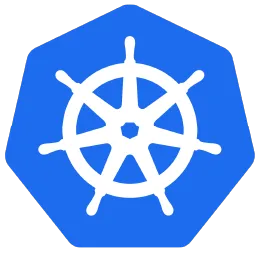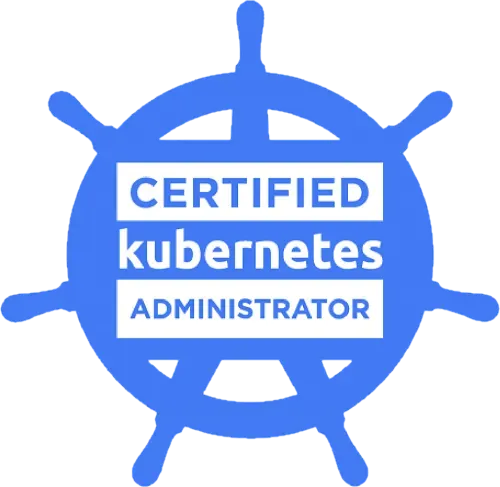DevOps Engineer Learning Path
The DevOps Engineer Learning Path offers a comprehensive journey for individuals aspiring to become proficient in DevOps practices and tools, starting from foundational concepts to advanced automation and observability techniques. The learning path concludes with interview preparation, ensuring participants are ready for DevOps roles.
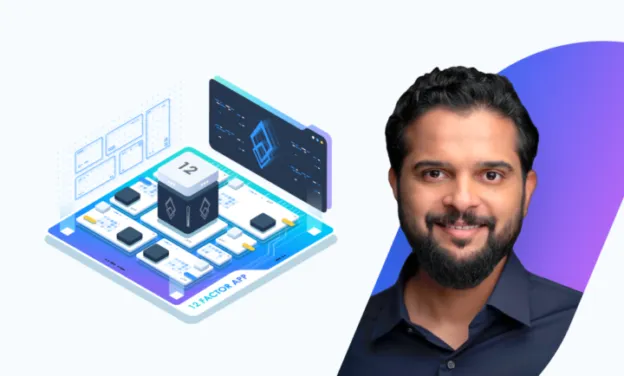

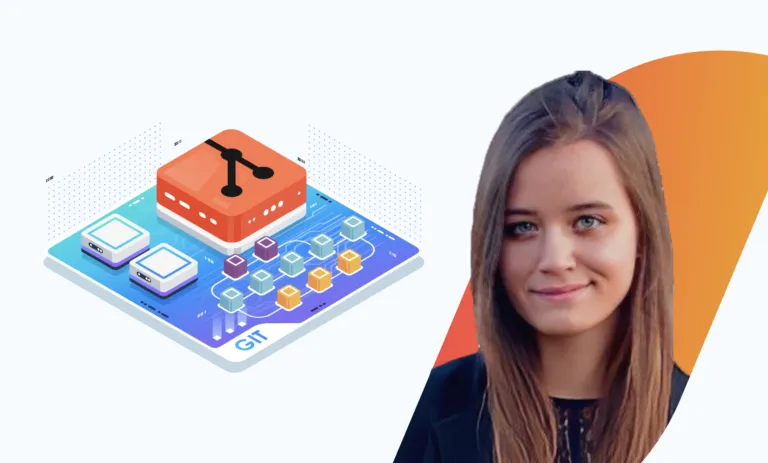

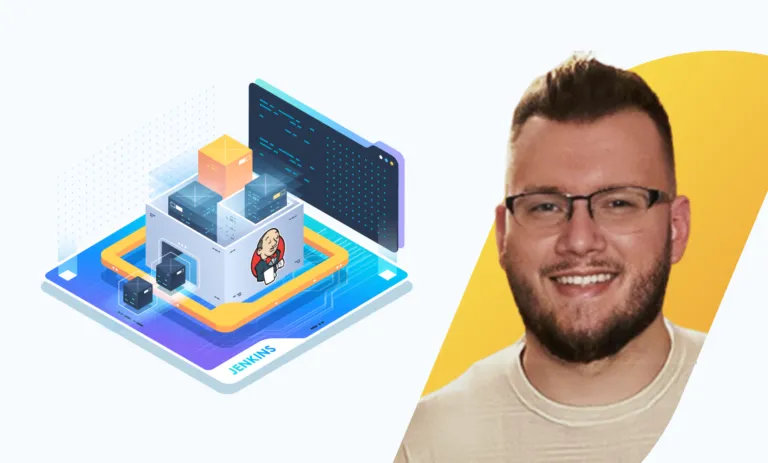





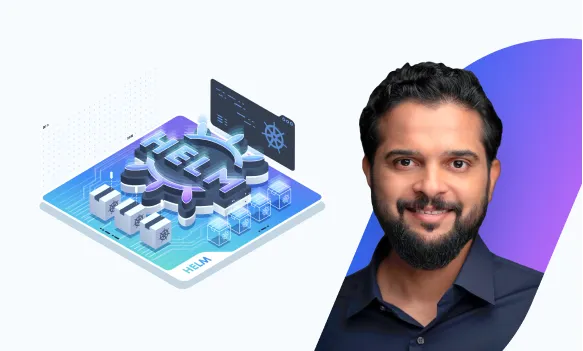

.svg)

.svg)
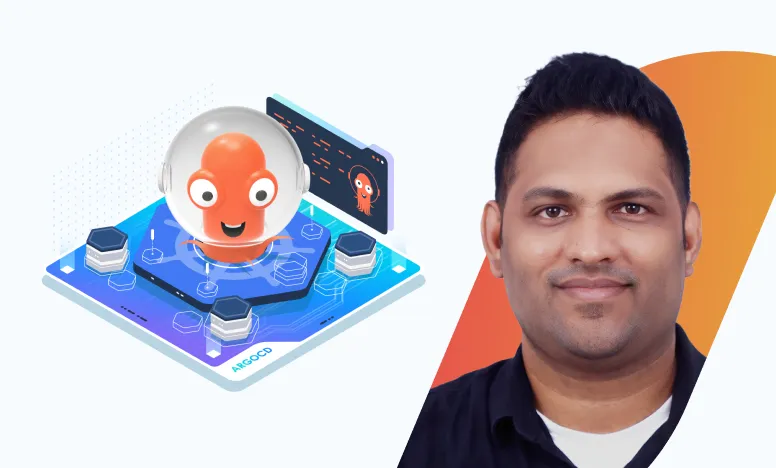
.svg)
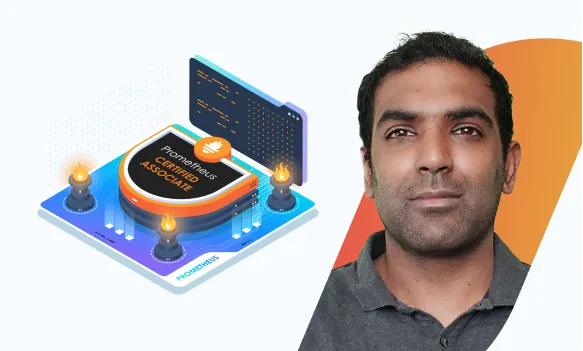


How long will it take for me to complete?
What day-to-day looks like
- Monitoring and Observability
- CI/CD Pipeline Management
- Code Deployment
- Automation of Repetitive Tasks
- Infrastructure as Code (IaC)
- Source Code and Version Control
- Security Practices Integration
- Incident and Problem Management
- Collaboration and Communication
- Performance Optimization
- Backup and Disaster Recovery Operations
- Tool and Environment Configuration
DevOps Engineer
Test your Readiness for Free!
Topic based learning paths
Role based learning paths
FAQs
What technical skills should I focus on to become a DevOps engineer?
As a DevOps engineer, you should focus on technical skills such as scripting and programming languages (e.g., Python, Ruby, Bash), knowledge of operating systems (Linux, Unix), experience with cloud platforms (AWS, Azure, GCP), proficiency in infrastructure as code tools (e.g., Terraform, Ansible), and familiarity with containerization technologies (e.g., Docker, Kubernetes).
Which programming languages are important for a DevOps engineer?
While there is no specific programming language that is universally important for DevOps, some commonly used languages include Python, Ruby, and Bash scripting. These languages are versatile, have extensive libraries and tooling support, and can be used for automating tasks, writing infrastructure code, and creating deployment scripts.
What tools and technologies should I learn to excel as a DevOps engineer?
To excel as a DevOps engineer, you should learn tools and technologies such as version control systems (e.g., Git), continuous integration and continuous deployment (CI/CD) tools (e.g., Jenkins, GitLab CI/CD), configuration management tools (e.g., Ansible, Chef, Puppet), containerization platforms (e.g., Docker, Kubernetes), and monitoring and log management tools (e.g., Prometheus, ELK Stack).
How important is cloud computing knowledge for a DevOps engineer?
Cloud computing knowledge is highly valuable for a DevOps engineer as many organizations are adopting cloud platforms for their infrastructure needs. Familiarity with cloud providers like AWS, Azure, and GCP is important to understand cloud services, provisioning resources, and automating deployments. Additionally, understanding cloud-native concepts and architectures is beneficial for deploying applications in a scalable and resilient manner.
What is the role of automation in DevOps, and which automation tools should I learn?
Automation is a fundamental aspect of DevOps as it helps streamline processes, reduce manual effort, and improve efficiency. You should learn automation tools such as Ansible, Chef, Puppet, and Terraform for infrastructure provisioning and configuration management. Additionally, scripting languages like Python or Bash can be used to automate various tasks and workflows.
How can I gain experience in implementing CI/CD pipelines?
Gaining experience in implementing CI/CD pipelines involves hands-on practice with tools like Jenkins, GitLab CI/CD, or CircleCI. You can start by working on personal projects or contributing to open-source projects. Additionally, exploring online tutorials, documentation, and participating in hackathons or coding challenges can help you gain practical experience in setting up and configuring CI/CD pipelines.
What are the common challenges faced by DevOps engineers, and how can I prepare to overcome them?
Common challenges faced by DevOps engineers include managing complex infrastructures, ensuring smooth deployments, handling scalability and performance issues, and dealing with the integration of various tools and systems. To prepare, focus on building a strong foundation of technical skills, stay updated with industry best practices, collaborate with others in the DevOps community, and continuously enhance your problem-solving and troubleshooting abilities.
Are there any specific certifications that can enhance my chances of getting a DevOps engineer job?
Yes, there are several certifications that can enhance your chances of getting a DevOps engineer job. Some popular certifications include AWS Certified DevOps Engineer, Azure DevOps Engineer, Google Cloud Certified - Professional Cloud DevOps Engineer, and Certified Kubernetes Administrator (CKA).

.svg)


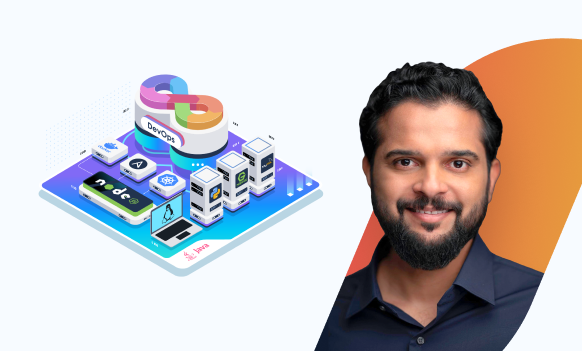





.svg)
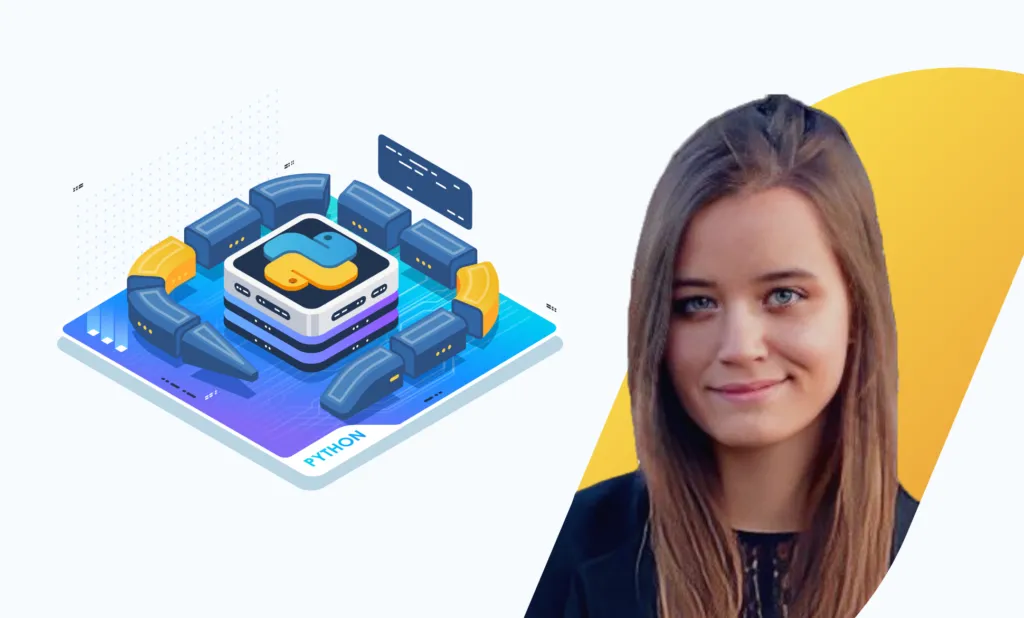


.svg)
